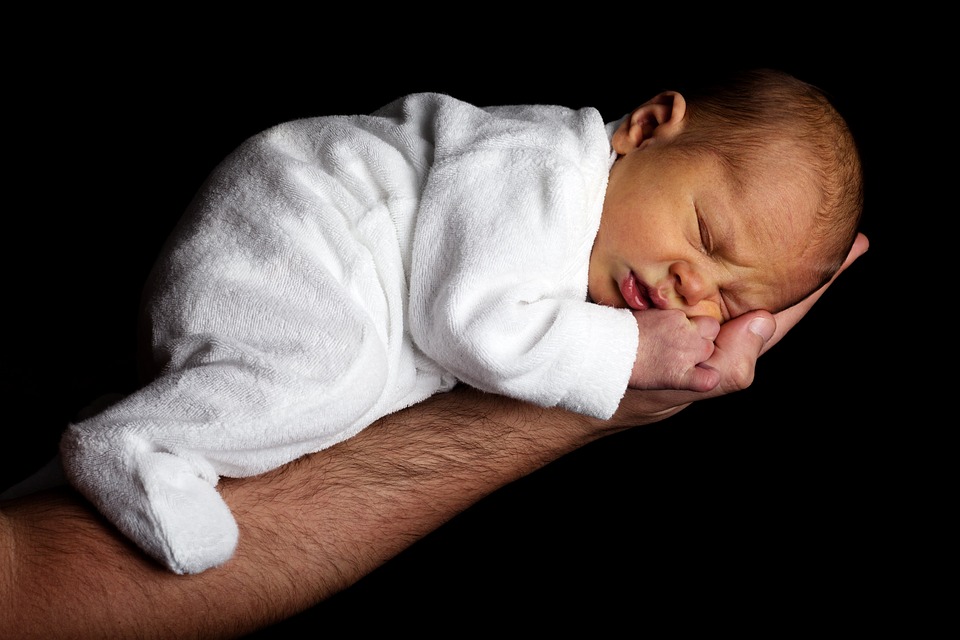A transgender man who objected to being identified as ‘mother’ on his baby’s birth certificate has lost his High Court case. Reading Law Professor Thérèse Callus explores the issues.

Yesterday the High Court delivered judgment on a very sensitive issue concerning the registration of a birth ‘parent’ who objects to being identified as the mother on the birth certificate.
This is the case of Fred McConnell, a female to male transsexual who transitioned to being legally male prior to giving birth following assisted conception with donor sperm. The Registrar of births insists that he can only be recognised as the mother because he gave birth to the child, but as he is legally and socially a man, Mr McConnell objects to this.
This cases raises a number of complex questions ranging from how access to assisted conception treatment is regulated, to the welfare of the child. But the central question is whether a person’s gender is inextricably tied to their status as a parent.
Being a mother was always associated with being female, but advances in assisted conception coupled with legal recognition of an acquired gender different to the one recognised at a person’s birth, means that a male can be pregnant and give birth.
Fred McConnell rejected the need to identify him as the child’s mother, claiming that by virtue of his legally recognised male gender, he should be identified simply as the child’s parent or as his father. This, he claimed would respect both his private life and the private life of the child. Put simply, the law should reflect the lived reality of trans families.
However, the judge disagreed. The lengthy judgment deals with technical statutory interpretation on both the application of the Gender Recognition Act (which legally recognises a trans-person’s acquired gender) and the Human Fertilisation & Embryology Act (which regulates the provision of assisted conception treatment and resulting parenthood). It also considers whether the law is compatible with the rights enshrined under the European Convention on Human Rights.
The President of the Family Division held:
‘The status of being a ‘mother’ arises from the role that a person has undertaken in the biological process of conception, pregnancy and birth’ (para 280 (b) of the judgement: R (OTAO TT) v The Registrar General for England & Wales and others [2019] EWHC 2384 (fam)). In other countries, such as Denmark, The Netherlands and Norway, the law also holds that irrespective of gender, the person who gives birth is the legal ‘mother’.
But this is problematic: it reduces motherhood to biological reality and produces incoherence for a person’s individual status. It is also at odds with the current consultation on surrogacy.
On surrogacy, the Law Commission interestingly questions whether the biological reality of being pregnant and giving birth should automatically convey the legal status of mother to the surrogate. However, what both situations have in common is that the law is failing to reflect the lived reality of some families and as a consequence is not respecting fundamental rights.
Ultimately what this case shows yet again, is that the law on parenthood needs to be fully examined in the light of current medical and social realities.
Professor of Law Thérèse Callus predominantly works in the areas of family and biomedical law. Her specialist expertise ranges from financial provision upon divorce, to the regulation of assisted conception, and in particular in its implications for parental status and the institution of parenthood. As the UK Representative in the International Academic Network on Bioethics, she has co-edited a number of comparative law collections in biomedical law and ethics.
